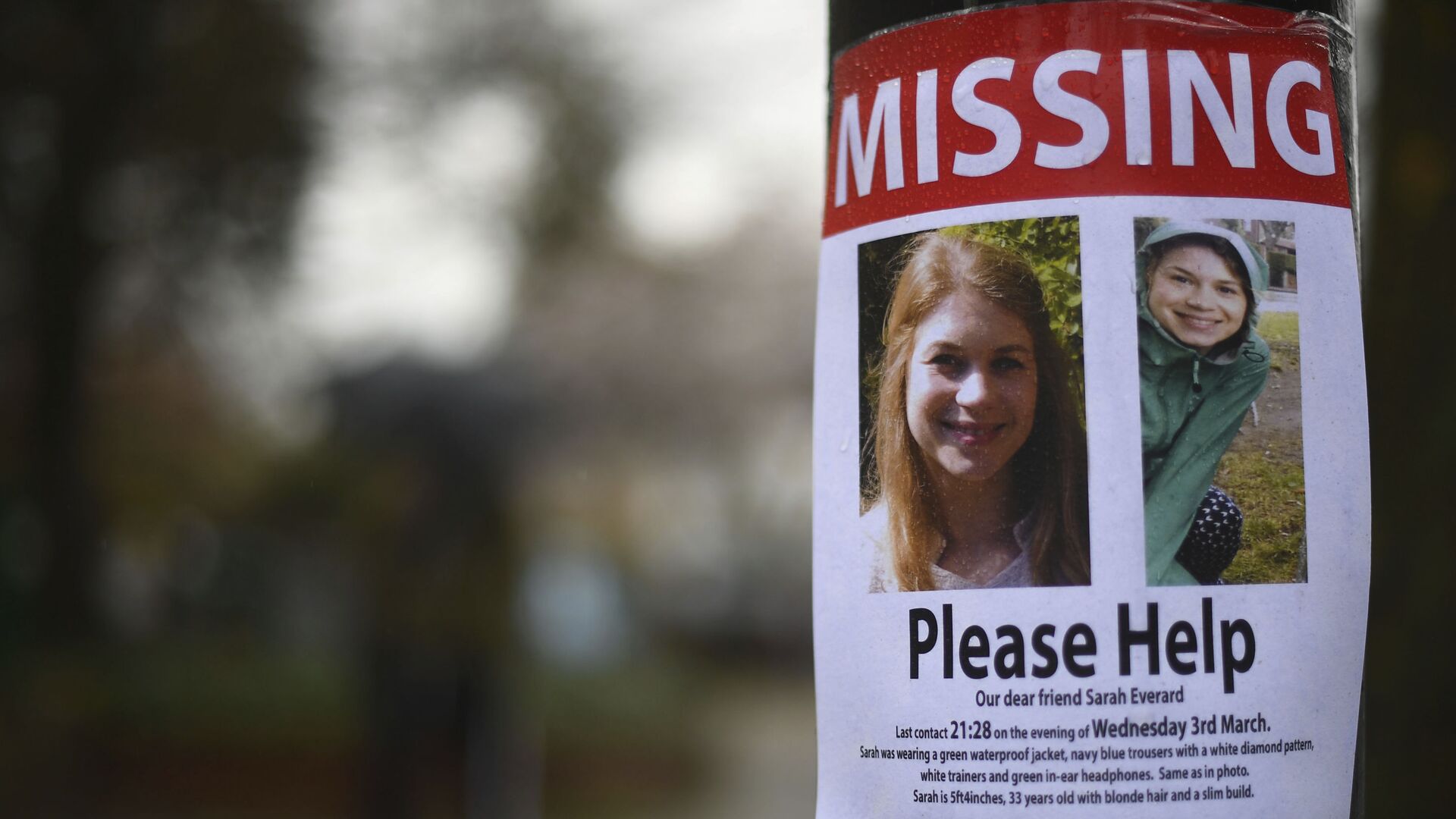Thousands of individuals have begun to voice their own experiences with abuse and harassment in public spaces after initial reports began to surface surrounding the shocking disappearance of Everard.
Many on social media have recounted their own personal experiences at work or in the general public, while others have even exchanged notes on the habitual steps they take before going outdoors alone, especially at night.
The detainment of Couzens, who had been with the Metropolitan Police since 2018, and had been assigned to the Parliamentary and Diplomatic Protection Command since last February, has only heightened concerns and feelings of an ever-present threat.
From facing catcalls and being followed, some netizens detailed how they use their keys as a potential weapon in the event that someone attempts to attack them, as others discussed how they opted to stick to routes that were well-lit at night.
— 💙🌟 Joanna Montgomery 🌟💙 (@joannamont) March 10, 2021
“This is a constant preoccupation of women and girls of all ages; I am 74 and still go through the mental risk assessment each time I am out on my own especially, but not exclusively, at night,” Twitter user Linda Redford wrote in a post. “I taught the same to my daughters. Fear passed on from woman to girl [through] generations.”
One individual highlighted an app they used that sends a text message with the person’s exact location to an emergency contact when the application detects a “panic scream.” Similar online applications have been launched by ride-share companies.
Another netizen remarked that they often take the “long way home” as opposed to taking shortcuts through alleyways. “I’m 14, I should be worrying about wether [sic] my crush likes me back, or the next math test, I should not be worry [sic] about wether I will make it home safely or not,” they wrote.
For television and radio presenter Shelagh Fogarty, Everard’s disappearance prompted her to recount all the instances in which she experienced sexual harassment, dating back to when she was just 10 years old.
— Shelagh Fogarty 💙 (@ShelaghFogarty) March 10, 2021
“This is what women face. This and worse. Throughout our lives,” Fogarty wrote. “It’s shit. It’s frightening. It has to stop.”
Alice Birdwood, a project manager based in Manchester, England, recalled an instance when she crossed the street to avoid a group of men, and one of the men “threatened to slash me for not walking past.”
Men also joined the discussions, underscoring that the rising argument of “not all men” are bad is tired and beside the point, as violence against women has remained heightened.
Jay Rayner, a London local, remarked online that when he finds himself walking behind a woman on a quiet street, he “always” crosses the road and tries to “accelerate as quickly as possible.”
“I am a big man and absolutely aware [of] what my silhouette looks like in the darkness,” he added.
— justin baldoni (@justinbaldoni) March 12, 2021
— James Rowe (@JamesUnfettered) March 11, 2021
— Scroobius Pip (@Scroobiuspipyo) March 11, 2021
Mandu Reid, the leader of the British Women’s Equality Party who is running for mayor of London, told The New York Times that the Everard case has been a reminder of the violence that women constantly face.
“We’re scared, we’re shaken and we’re intimidated,” Reid said. “While we have been confined to our homes, going out for walks has been an important release. … Now this has happened, and we feel under threat and under siege.”
The latest developments surrounding the Everard case came as the UK branch of the UN Woman issued a report that found over 70% of women within the UK had experienced sexual harassment in public spaces. It also found that globally, every 10 minutes an adolescent girl dies as a result of violence.


